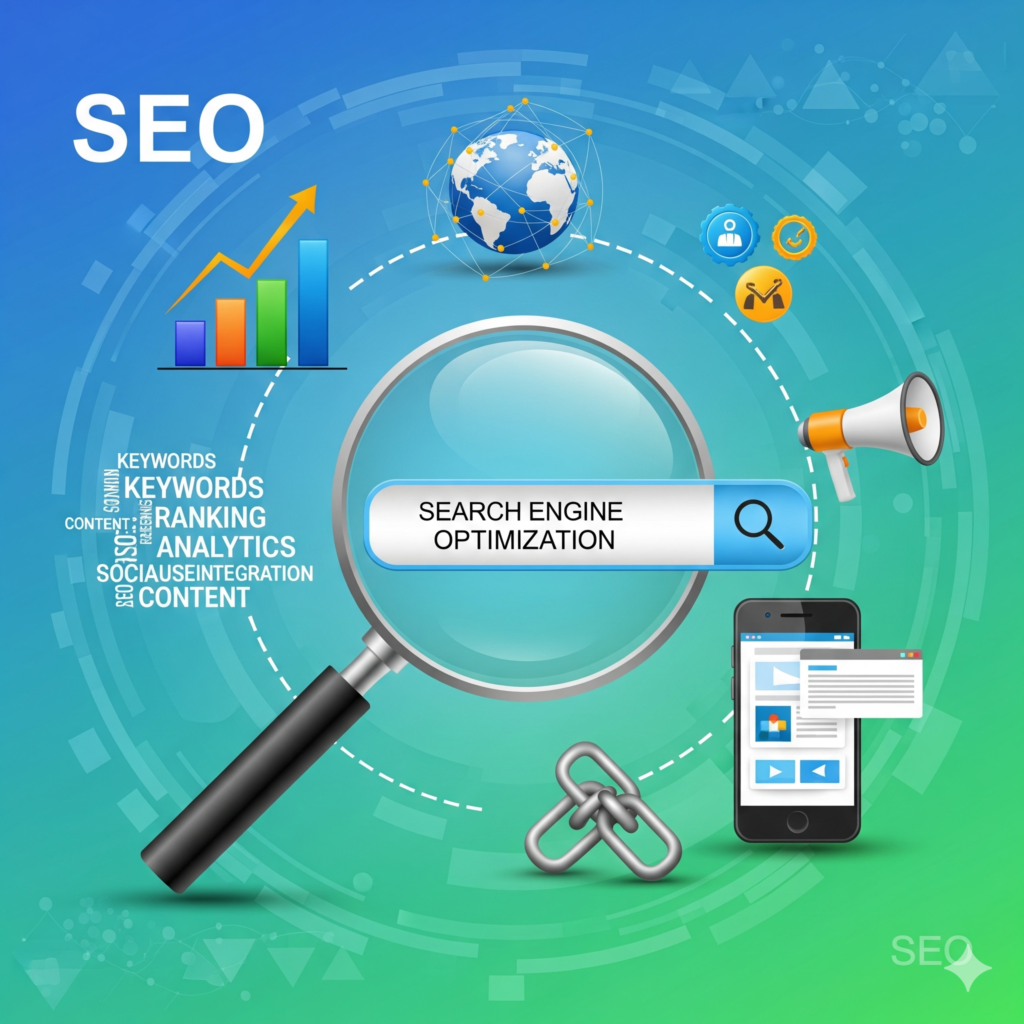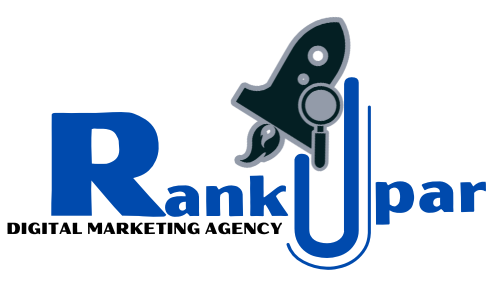+91 8828215493

Hello there! Ever wondered how some businesses seem to effortlessly pop up at the top of your search results, while others get lost in the digital abyss? The secret often lies in something called SEO, or Search Engine Optimization. As we turn the page from 2024 to 2025, the importance of SEO for helping your business grow is truly immense, and it’s something you definitely don’t want to overlook.
You’ve likely heard the term “SEO” thrown around, perhaps knowing it’s a useful digital marketing tool. But what exactly does it mean today, and why is it so incredibly important? Think of it as your brand’s compass and map for the vast online world.
In this friendly guide, we’re going to break down what search optimization actually is, why it’s a game-changer for sustainable growth and lead generation, and how you can start implementing some best practices to make your brand more discoverable than ever online.
——————————————————————————–
What Exactly is SEO?
Let’s get straight to it: SEO is all about increasing the quantity and quality of traffic to your website through organic search engine results. What does “organic” mean? It simply refers to the non-paid listings you see when you search on Google, Bing, or other search engines. It’s about earning your spot, not buying it.
The main goals of SEO are pretty straightforward:
• Boost your brand’s visibility online.
• Drive more organic traffic to your site.
• Give you more opportunities to convert those curious visitors into loyal customers.
• Help establish your brand as a trustworthy authority in your industry.
• Improve the user’s experience with your brand and website.
Ultimately, SEO isn’t just a quick fix; it’s a long-term strategy that consistently helps attract visitors, generate leads and sales, and build valuable brand awareness over time. When you do it right, your brand can really stand out from the crowd.
——————————————————————————–
Why SEO is More Important Than Ever?
So, why should you care about SEO right now? Here are some compelling reasons:
• Enhanced Visibility and Rankings When you search for something online, where do you usually click? Most people stick to the top few results. In fact, over 25% of people click the very first search result they see. If your business isn’t on that first page, you’re practically invisible! SEO helps you climb those ranks, making potential customers much more likely to find you. Even if they don’t click right away, simply seeing your brand repeatedly makes them more familiar with you, making them more likely to search for you directly in the future.
• Increased Web Traffic It’s simple: if potential customers can’t find your website, you’re missing out on sales opportunities. SEO directly increases the number of relevant people visiting your site each day. More visitors mean more chances to connect, engage, and ultimately, sell your products or services.
• Building Trust and Authority Did you know that users tend to trust the recommendations that search engines provide? When your site consistently ranks higher on platforms like Google, it signals to potential customers that you are a reliable and authoritative source in your industry. A well-optimized site doesn’t just look good to search engines; it also earns the trust of your audience.
• Improved User Experience (UX) Google absolutely loves websites that offer a great user experience, and it’s a major ranking factor. This means that when you optimize your site for search engines, you’re also optimizing it for your users! A well-optimized site clearly communicates what you offer, how to get it, and answers any questions easily. If users struggle to navigate your site, search engines likely will too, which can hurt your rankings and traffic.
• Sustainable Business Growth There’s no doubt that SEO is incredibly important for your brand’s growth. The higher you rank for relevant keywords, the more organic (non-paid) traffic your site will naturally receive. This translates into more leads, more customers, and more sales. Plus, people who find your site through a search engine are often more likely to share your brand across social media platforms.
• Cost-Effectiveness and High ROI Compared to many other marketing channels, SEO is often incredibly cost-effective. You don’t pay for ads, clicks, or views in the organic results. While there’s an investment in content creation and optimization, once you achieve those high rankings, you can maintain them with relatively less effort and cost over the long term. SEO delivers a high return on investment because it focuses on attracting users who are already interested in what you offer.
• Awareness of Market Trends Think of keyword research as your window into what your audience is actively searching for. By analyzing these search terms, you can spot emerging trends or declining interests in your niche. These insights are invaluable for guiding your product development, refining your marketing campaigns, and staying ahead of the curve.
• Quantifiable Results Unlike some marketing efforts, SEO results are highly measurable. You can track your organic rankings, website traffic, and conversions, allowing you to clearly see what’s working and where you might need to adjust your strategy. This means you can prove the tangible benefits SEO brings to your business.
• Protecting Your Brand SEO also plays a crucial role in managing your online reputation. When people search for your brand, you want to ensure the top results are positive and accurate. If incorrect information or negative reviews pop up prominently, it can harm your brand’s image. SEO helps you control those search results and protect your relationships with potential customers.
——————————————————————————–
The Pillars of SEO: Key Elements and Types
SEO isn’t just one thing; it’s a collection of practices that fall into several important categories. Let’s break down the main types you’ll encounter.
On-Site SEO
On-site SEO refers to all the improvements you make directly on your website’s content to ensure it’s friendly to both search engines and users. It’s about signaling to search engines exactly what each webpage is about in various ways.
Key areas to focus on for on-site SEO include:
• Keyword Selection: This is fundamental! The keywords you choose are incredibly important for your SEO success. It involves researching specific words or phrases people use in search engines and centering your content around them. The sweet spot is finding keywords with high relevance, high volume, and achievable difficulty.
• Content Optimization: Your content is how you connect with your audience. It should be educational, engaging, and shareable, providing valuable information that users are actively searching for. For example, if you sell window treatments, a series of blog posts explaining different types of blinds or smart home automation can bring potential customers to your site.
• SEO Titles and Meta Descriptions: When Google shows search results, it displays a “snippet” of information for each page. The main parts of this snippet are your SEO title and meta description. These are golden opportunities to include crucial keywords and encourage clicks.
• Linking Structure (Internal Links): This involves linking from one page to another on your own site that has related content. It makes it easier for users to find what they need and helps search engines crawl and understand your entire website more effectively.
• Image Alt Attributes: Google looks at more than just text! Image alt attributes are text descriptions associated with images. They serve two purposes: providing alternative text if an image doesn’t load and helping screen readers for visually impaired users. It’s a great place to include keywords if they naturally describe the image content.
Local SEO:
If you have a physical business or serve a specific geographic area, Local SEO is your best friend. Search engines use a user’s location to provide relevant, nearby suggestions. If your business isn’t showing up when it should, customers will likely go elsewhere.
To boost your local SEO, focus on:
• Using local keywords (e.g., “best sushi in Austin”).
• Claiming your directory listings.
• Customizing information on platforms like Google Business Profiles and Google Maps.
• Establishing a clear and consistent local footprint across various platforms.
Off-Site SEO:
Off-site SEO involves efforts made outside your website to improve its ranking. The most crucial element here is link building, also known as backlinks. Backlinks are when other reputable, high-traffic websites link back to your site. These act as powerful signals of trust and authority to search engines, significantly influencing your ranking. Just be sure to get links from well-known and trusted sites, and never use “black hat” (tricky, unethical) tactics, as these can lead to penalties or even bans.
Technical SEO:
Technical SEO focuses on optimizing the technical components of your website to help search engines crawl, index, and display it more effectively. It ensures your website is fast, secure, and easy for both users and search engine bots to navigate.
Key technical aspects include:
• Website Load Speeds: A slow site can hurt user experience and rankings.
• Mobile-Friendliness: With most traffic coming from mobile devices, your site must display correctly and be easy to use on phones and tablets.
• Site Structure: A straightforward site structure helps search engines understand your content.
• Security (HTTPS): A secure website is a must for trust and rankings.
• XML Sitemaps and Robots.txt: These files help search engines effectively crawl and index your site.
Other Types of SEO:
While the above are major categories, SEO is broad and includes other specialized types:
• E-commerce SEO: Optimizing online stores to rank better for product searches.
• Mobile SEO: Specifically ensuring your site is perfect for mobile and tablet users.
• Voice Search SEO: Optimizing content for natural language queries used in voice assistants.
• Video SEO: Making your videos more discoverable in search results.
• International SEO: Targeting audiences in different languages and countries.
• Content SEO: Creating fresh, well-structured content (text, images, videos) with a solid keyword strategy.
——————————————————————————–
How to Boost Your SEO Marketing Efforts
Ready to roll up your sleeves? Here are some actionable ways to improve your SEO marketing results:
• Create High-Quality, Relevant Content: This is paramount! Your content should be informative, engaging, and directly relevant to your target audience’s keywords. Think about the questions your customers ask and provide valuable answers.
• Optimize Your Website for Relevant Keywords: Once you have your keywords, use them naturally throughout your website – in page titles, meta descriptions, headings, and body copy. Just be careful to avoid keyword stuffing, which can actually hurt your rankings.
• Build High-Quality Backlinks: Seek out opportunities to get other reputable websites to link back to yours. This can involve guest blogging, submitting your site to relevant directories, or creating amazing content that others naturally want to reference.
• Ensure Mobile Optimization: With the majority of internet traffic coming from mobile devices, your website must be designed to be flexible and easily accessible on phones and tablets. Test your site on mobile to identify any issues.
• Promote Your Website on Social Media: Social platforms are excellent for promoting your content and increasing your visibility. While social links might not directly boost SEO, they can indirectly help by generating traffic and increasing brand awareness, potentially leading to backlinks.
• Regularly Track and Adjust Your Strategy: SEO is an ongoing process. Use tools like Google Analytics or Semrush to monitor your website’s performance, track rankings, and measure traffic. This data will help you understand what’s working and what needs tweaking.
• Target Long-Tail Keywords: These are more specific, longer phrases that users type into search engines. They often indicate clearer search intent and are typically easier to rank for than broad, highly competitive keywords.
• Perform Competitive Analysis: Take a peek at what your competitors are doing! Understand which keywords they’re targeting and how they’re ranking. This can reveal opportunities for you to create even better content and outrank them.
• Optimize Your Images: Don’t forget your visuals! Use descriptive keywords in your image file names and write helpful “alt text” for all images. Also, ensure your images are compressed and in efficient file formats (like .png or .webp) to keep your site loading quickly.
——————————————————————————–
The Future of SEO: Trends to Watch in 2025
The world of SEO is always evolving. Here are a few key trends to keep an eye on as we move into 2025:
• Generative AI for Content Creation and Optimization: Artificial intelligence is already impacting marketing, and SEO is no exception. Tools are emerging that can help you generate marketing copy and optimize it for keywords.
• Increased Topical Authority: Google is increasingly emphasizing E-E-A-T (Expertise, Experience, Authoritativeness, and Trustworthiness). This means that while AI can assist, content still needs human input, real experience, and factual accuracy to rank well. You’ll want to demonstrate your credibility, whether through professional certifications, extensive industry experience, or being featured in leading publications.
• Rise of Zero-Click Searches: Sometimes, users just want a quick answer without clicking through to a website. This is where zero-click searches come in, with features like Featured Snippets, AI Overviews, Knowledge Panels, and “People Also Ask” boxes. To appear in these, you’ll need to create high-quality content that directly answers search queries and is formatted to make those answers easy for search engines to extract.
——————————————————————————–
Let’s Conquer SEO Together!
So, there you have it! SEO is not just a passing fad; it’s an essential and enduring practice that can significantly boost your business’s online presence. By focusing on high-quality content, smart keyword optimization, strong backlinks, and a user-friendly website, you’re setting yourself up for success.
Remember, SEO should be approached as a positive practice with long-term benefits, rather than an exact science with immediate results. Your rankings will depend on your industry and competition, but consistent effort pays off.
If you’re feeling a little overwhelmed or simply want experts on your side to keep up with Google’s ever-changing algorithms.
For inquiries regarding your SEO needs and to enhance your brand’s online discoverability, Rankupar Digital Marketing Agency experts can assist. If you have questions or are looking to build steady, reliable leads for your brand, connecting with experts can help discuss how SEO can be integrated into your strategy.




